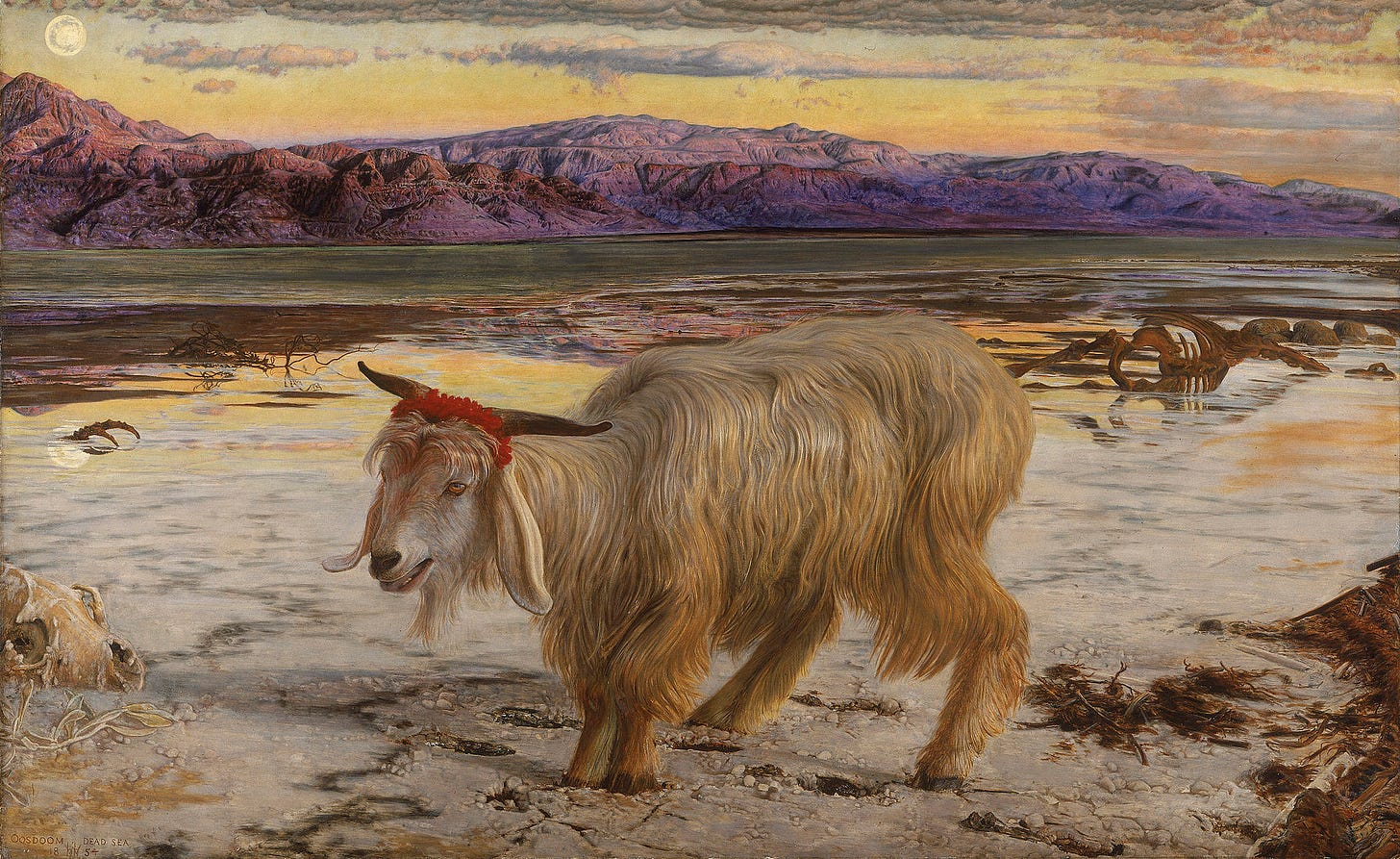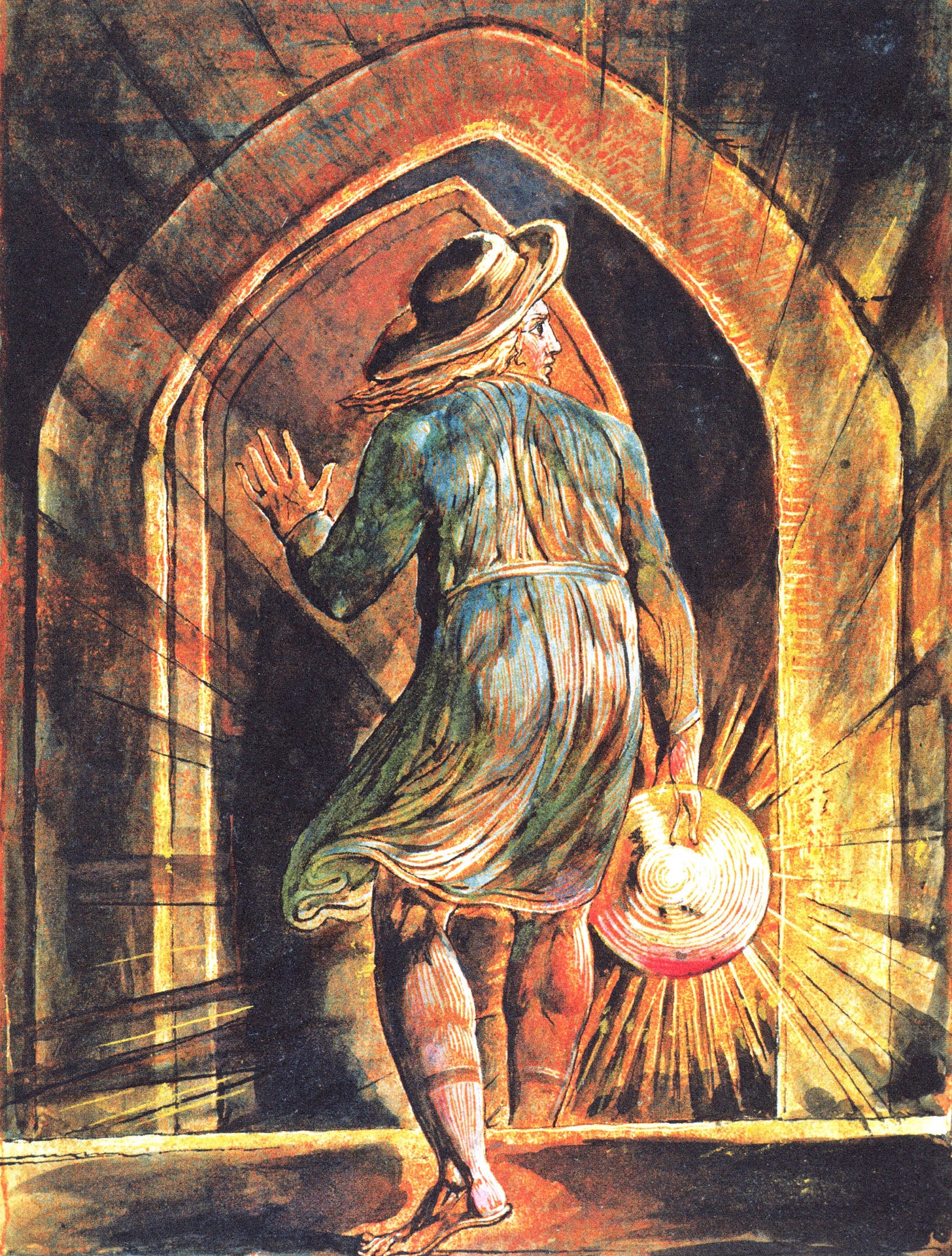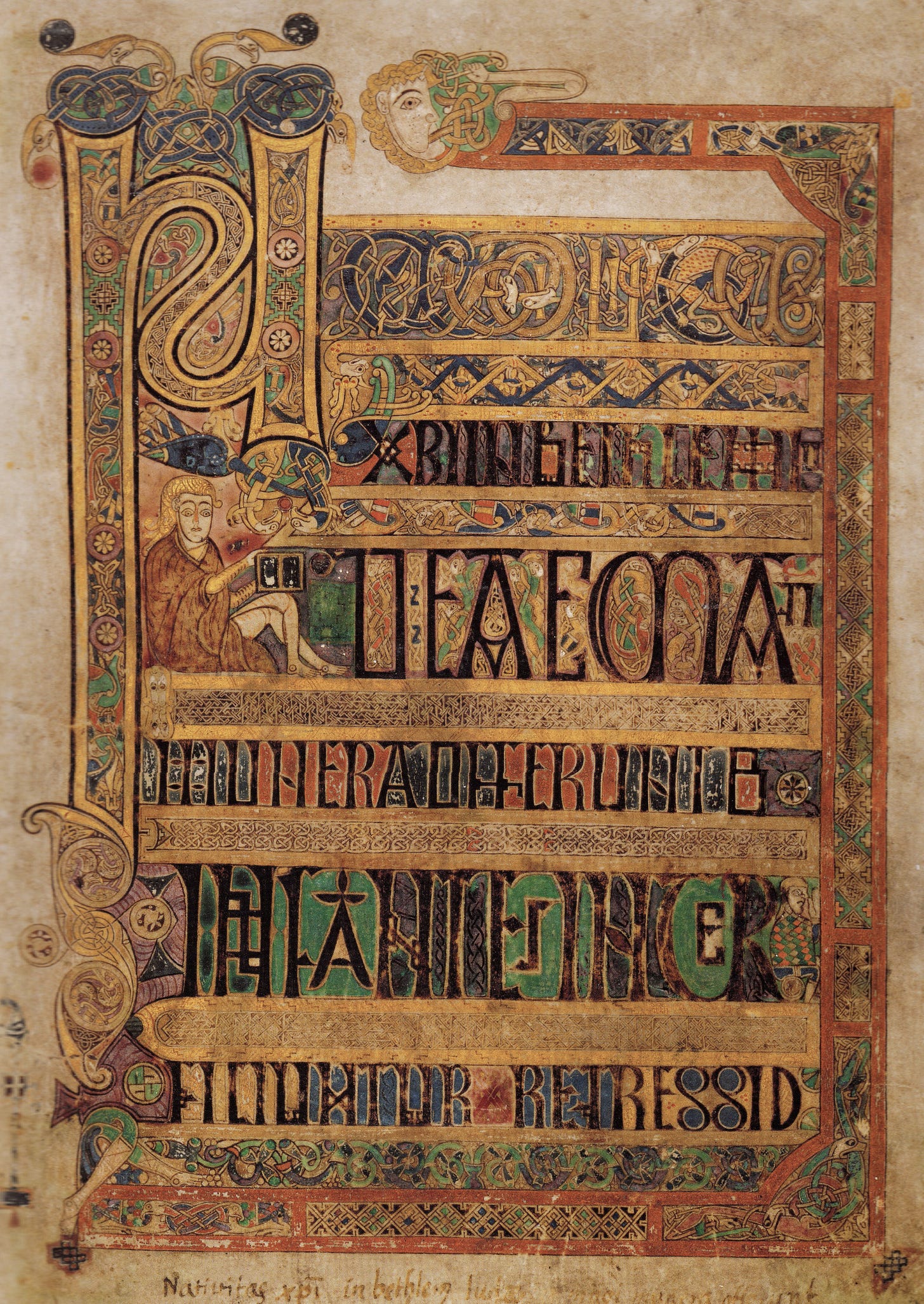Most contemporary lit is boring. It is a grubby, squeaking product bolted together according to schemata passed down from writing program to writing program, ever more constricted to fit the shrinking market. The sentences are drab little schoolchildren huddling in rows, afraid to call attention to themselves except to confess their sins, while the writers twist through self-conscious ballets of pain, putting on three translucent head-bags of irony before they ever dare to venture a smile. Trying to speak with the voice of the crowd, they just parrot the symptoms of a wider malaise.
I can’t stand it! Reading that doleful mulch feels like doing last year’s Ethics homework. Where are the freewheeling and swashbuckling stylists of yesteryear? The dynamic voices bursting from mud, blasting down walls, attacking the moon? Has dirty, flamboyant elegance gone obsolete? Is raw energy antique? Is the standard modern publisher a tsar of style, a divider by the lowest common denominator, a police force protecting what they think the market wants?
And why all this endless anxiety and self-hate, all this mopey depressiveness and uncomfortable self-consciousness? Don’t the writers know that that shit is self-perpetuating? Where are our epoch’s pages of power and energy and light, where are the dynamos churning out electricity through the striking of keys? Look, I’m permanently uneasy too, but death has always been right there, sitting leering on the other chair, for everyone who has ever lived—and art should give life, life to its artist and its audience. Art should be a victory, and writing should flash and splash. I want sumptuous word-movies that exhibit mastery in every incandescent detail, pages bright as luxuriously inked comics. I want hypnotizing streams of intricate and intimate dreams. I want the surreal to glow like stained glass in the cathedral of the real. Lit should cut your eyes open. Lit must transcend the market, or it is nothing.
So. Substack represents to me one of the last refuges of writerly freedom, the only marketplace where, as long as I am willing to make no money at all, I am free to do whatever I want—and what I want is to write with laughter, mischief and splendor, to weave a dripping tapestry of words millimeter by millimeter, regardless of what anybody thinks an audience might want. You may eavesdrop if you wish:
My writing is a rapturous pastiche of all the art I have ever loved. As a tribute, I have compiled a mostly complete list of people (and a few publishers) who have inspired and energized me. Some influenced me only in my childhood; others speak through this very sentence. Some informed me stylistically; some granted access to uncommon and elevated feelings, especially through music; still others catalyzed a personal revolution in how I interpret the world. All of them enriched my emotions and opened up new aesthetic possibilities, novel avenues in my imagination. You will discover a marked tendency for the ornate, the evocative, the lovely and the revolting—but my church of art has many labyrinthine wings and intricately lit alcoves, and even though yes I do particularly love the wildest monuments left by the most extravagant aesthetes, you’ll nevertheless spot a few minimalists and composers of telegraphs swapping one-liners in the side pews. May Thoth bless ‘em all:
James Agee, Svetlana Alexievich, Nelson Algren, Dante Alighieri, Pablo Amaringo, Paul Thomas Anderson, Roy Andersson, Piers Anthony, Homer Aridjis, Antonin Artaud, Inio Asano, Erich Auerbach, Steve Aylett, Ingeborg Bachmann, Francis Bacon, Nicholson Baker, Sean Baker, Bāṇabhaṭṭa, Amiri Baraka, Attila Bartis, Charles Baudelaire, Samuel Beckett, Walter Benjamin, Dale Beran, David Berman, Thomas Bernhard, Jhonn Bhalance, James Blackshaw, William Blake, Maurice Blanchot, Roberto Bolaño, Archipelago Books, The London Review of Books, The New York Review of Books, Wayne C. Booth, Jorge Luis Borges, Hieronymus Bosch, Isaac Brock, David Thomas Broughton, Charles Bukowski, Vashti Bunyan, Anna Burns, Italo Calvino, George Carlin, Thomas Carlyle, Ray Carney, Leonora Carrington, Angela Carter, Raymond Carver, John Cassavetes, Louis-Ferdinand Céline, Michael Cisco, Dakh Daughters, Daniel Clowes, Diane Cluck, Alice Coltrane, Dave Cooper, Julio Cortazar, Robert Crumb, Mark L. Danielewski, Henry Darger, Guy Debord, Don DeLillo, Alabaster DePlume, Thomas De Quincey, Deutero-Isaiah, Philip K. Dick, Stephen Dobyns, Fyodor Dostoevsky, Philippe Druillet, Albrecht Dürer, Andrea Dworkin, T.S. Eliot, Warren Ellis, Steven Ellison, Brian Eno, Phil Elvrum, Ralph Waldo Emerson, Elena Ferrante, Gustave Flaubert, Harry Frankfurter, Ron Fricke, John Frusciante, Northrop Frye, William Gaddis, Neil Gaiman, William Gass, Andrei Vyktor Georgescu, Alex Gianniscoli, Allen Ginsberg, Witold Gombrowicz, Saya Gray, Peter Greenaway, Michihiko Hachiya, Thomas Hardy, Marlen Haushofer, Charles Hayes, Sadegh Hedayat, Heraclitus, Marta Hillers, Hochzeitskapelle, Homer, J.K. Huysmans, Kazuo Ishiguro, Shirley Jackson, Juraj Jakubisko, William James, Elfriede Jelinek, Alejandro Jodorowsky, Denis Johnson, Norton Juster, Franz Kafka, Shintaro Kago, Ilya Kaminsky, Sarah Kane, Charlie Kaufman, The Book of Kells, Susan Te Kahurangi King, Keiichi Koike, Laszlo Krasznahorkai, Sam Kriss, Benjamin Labatut, Giorgios Lanthimos, Ryan Larkin, Comte de Lautreamont, D.H. Lawrence, Moses Leon, Gareth Liddiard, José Lezama Lima, Alphonse Lingis, Clarice Lispector, Helen MacDonald, Arthur Machen, David Markson, Jeff Mangum, Greil Marcus, Chris Marker, Gabriel Garcia Marquez, George R. R. Martin, Jordaan Mason, Vladimir Mayakovsky, Cormac McCarthy, Winsor McCay, Mark McGuire, Robert McKee, Carlton Mellick III, Efrim Menuck, Thomas Metzinger, Henry Miller, Yukio Mishima, Kentaro Miura, Hideo Miyazaki, Gustave Moreau, Antonio Moresco, Herta Müller, Haruki Murakami, Gerald Murnane, Robert Musil, The Nag Hammadi Library, Joanna Newsom, Friedrich Nietzsche, Flann O’Brien, Silvino Ocampo, Eichiro Oda, Lennon Olivia, Katushiro Otomo, Ovid, Octavio Paz, Mervyn Peake, Georges Perec, Fernando Pessoa, Harold Pinter, Giovanni Battista Piranesi, Dalkey Archive Press, Marcel Proust, Thomas Pynchon, Jaime R., Francois Rabelais, Raymond Roussel, Gena Rowlands, Arundhati Roy, Clark Ashton Smith, Joe Sacco, Oliver Sacks, Stig Saetarbakken, Antoine De Saint-Exupéry, Fabian Scheidler, Bruno Schulz, Stanisław Szukalski, W.G. Sebald, David Shields, Iain Sinclair, Walter Spies, Christina Stead, Laurence Sterne, R.L. Stine, Wilma Stockenström, Jon Stone, Andrei Tarkovsky, Tenniscoats, Dylan Thomas, Lawry Joseph Tilbury, George Trakl, Magdalena Tulli, Amos Tutuola, Naoki Urusawa, Remedios Varo, Martin Vaughn-James, Jeff Vandermeer, Boris Vian, Don Van Vliet, Kurt Vonnegut, Apichatpong Weerasethakul, Nathaniel West, Patrick White, St. White, Walt Whitman, Richard Williams, Saul Williams, Thomas Wolfe, Tom Wolfe, Jan Wolkers, Jim Woodring, Virginia Woolf, Marguerite Young, Masaaki Yuasa, Andrzej Żuławski, and most especially the four authors I have read and reread and rereread with a sense of elation and universal springtime of the linguistic imagination: Mircea Cărtărescu, James Joyce, Alan Moore, and David Foster Wallace.
You can reach me at stefan w white at gmail dot com.




